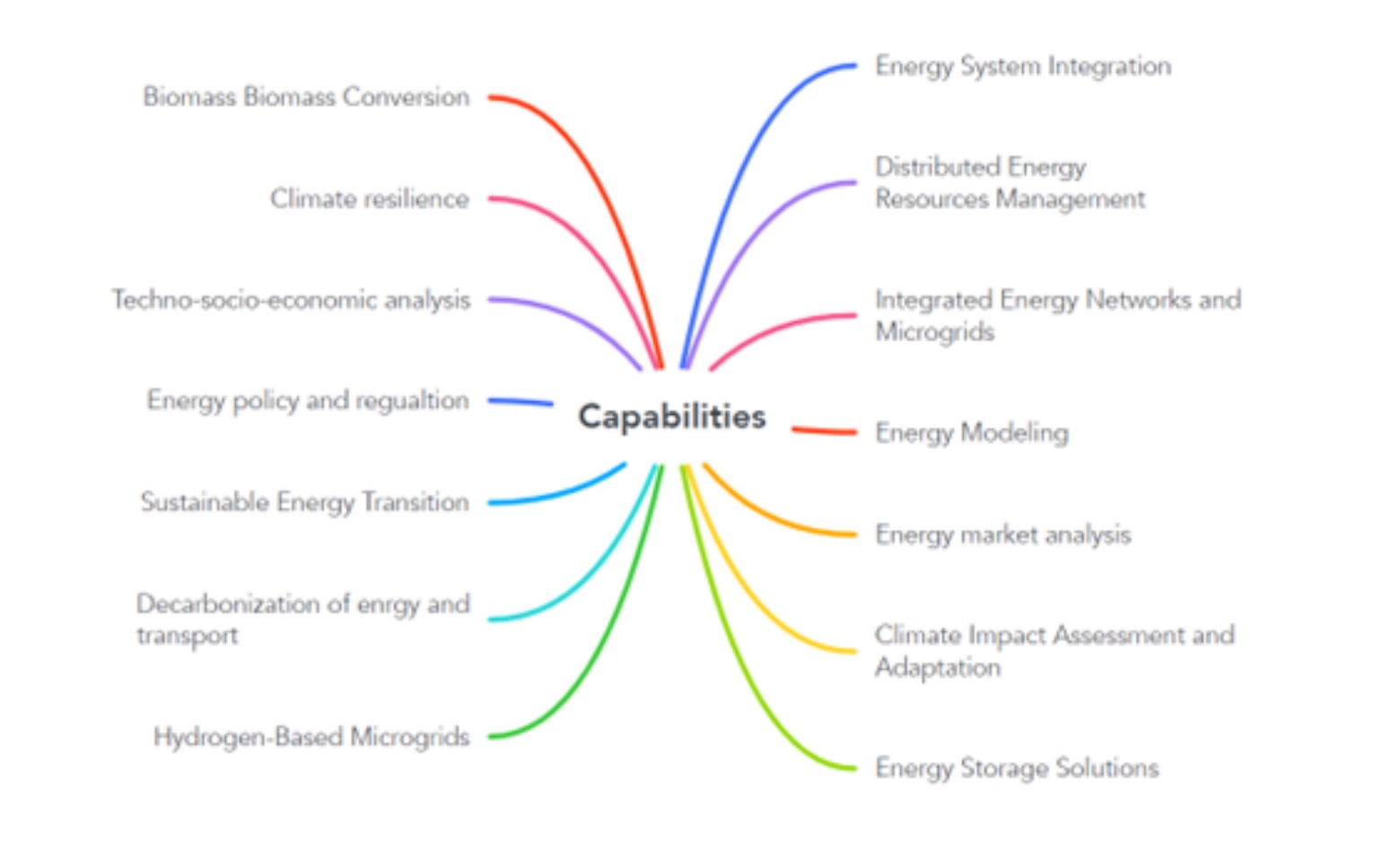Research at the School of Engineering and Energy aims to solve some of the wicked problems facing people today based on the below themes:
- Electrical Power Systems Control, Operation and Optimisation
- Electrochemical science and engineering and hydrometallurgy
- Energy Policy and climate change
- Energy Storage and Green Hydrogen
- Intelligent industrial control and autonomous systems
- Renewable Energy Technologies and its integration
- Sustainable water, waste and land management.
Our researchers work to innovate and develop solutions that meet the present and emerging needs of Australia, Asia and the world. Our approach to research has always been strongly aligned with industry, and we engage in partnerships with business, industry and community, who help to shape the questions we ask. We have built a culture of collaboration that brings our best minds together to solve problems in a multidisciplinary environment. Through our research partnerships, we are developing future industries, creating change and making the world a better place.
With internationally recognised researchers and facilities, the School of Engineering and Energy has expertise across a wide range of technical areas.
Sustainable energy and carbon management

Sustainable water, waste and land management
Since the birth of the Fourth Industrial Revolution was announced in 2016, the world has increasingly mobilised across civil society, government, and industry to face the combined challenges of the climate emergency, war-torn regions, environmental destruction, and poverty.
The School of Engineering and Energy researchers are leading several translational research projects to enable water supplies from poor quality water and improve water productivity and wastewater treatment in partnership with industry and government. We are transforming water, energy, waste, and land management through interdisciplinary research with renewable hydrogen and bio-energy technologies. Our developed desalination technology, off-grid water treatment systems, and integrated water-renewable energy solutions for rural communities and agriculture are some of the answers to the water problems.
Smart renewable and electrical power systems
The transition to net zero carbon electricity generation and distribution requires technologies that can enable the integration and control of renewable energy based distributed energy resources. The School of Engineering and Energy at Murdoch University conducts research in the main areas of renewable-based electrification, microgrids and future electricity grids, control of power electronics and distributed energy resources and distributed energy system planning.
The research team has developed innovative technologies and systems in partnership with industry and national and international communities towards new market opportunities in the renewable and electrical power sectors. The indoor and outdoor research facilities include sophisticated testing facilities, modelling and analysis tools.
Intelligent industrial control and autonomous systems
Autonomous system and intelligent control are the confluence of multidisciplinary vision, knowledge and skills aiming to develop more resilient and efficient technologies to facilitate humans’ life and production cycle.Creating intelligent systems and technologies to interact with and tackle complex real-world problems is quite essential and highly demanding in the era of Industry 4.0 . The Intelligent industrial control and autonomous systems is a key enabler area fusing intelligent and robust sensing, perception, communication, computing, and control to efficiently handle a broad range of manufacturing and process industry-oriented tasks around oil and gas, mining, renewable energy, farming, transportation, warehousing, etc. Researchers at the School of Engineering and Energy are dynamic in translational research to address issues of industrial automation, instrumentation, communication, supervisory and distributed control, mobile robots, and autonomous systems (quadruped, drones, AUV, USV, UGV), and industrial robotic manipulators